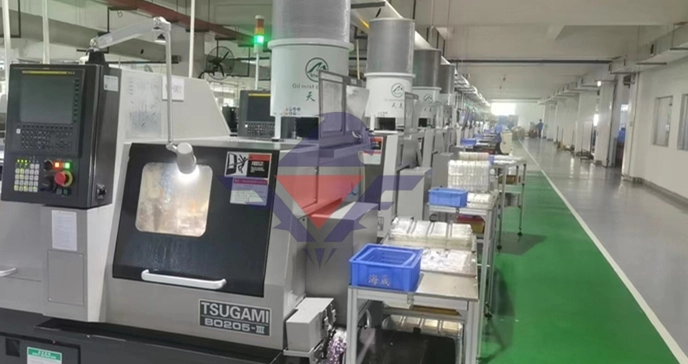
# Endotoxin Assay Kits: Reliable Solutions for Bacterial Toxin Detection
## Introduction to Endotoxin Assay Kits
Endotoxin assay kits are essential tools in pharmaceutical, biotechnology, and medical research for detecting and quantifying bacterial endotoxins. These lipopolysaccharides (LPS) found in the outer membrane of Gram-negative bacteria can cause severe immune responses in humans, making their detection crucial for product safety and quality control.
Keyword: Endotoxin Assay Kits
## Why Endotoxin Detection Matters
Endotoxins pose significant health risks, especially in medical applications. Even minute quantities can trigger fever, septic shock, or other harmful inflammatory responses. Pharmaceutical products, medical devices, and injectable drugs must undergo rigorous endotoxin testing to ensure patient safety and comply with regulatory standards like those set by the FDA and USP.
## Types of Endotoxin Assay Kits
1. Limulus Amebocyte Lysate (LAL) Tests
The most widely used method, LAL tests come in three main formats: gel-clot, turbidimetric, and chromogenic assays. These kits utilize blood cells from horseshoe crabs, which clot in the presence of endotoxins.
2. Recombinant Factor C (rFC) Assays
An animal-free alternative to LAL tests, rFC assays use recombinant technology to detect endotoxins with similar sensitivity while addressing ethical concerns about horseshoe crab harvesting.
3. Pyrogen Tests
While not specific for endotoxins, these tests detect all pyrogenic substances that cause fever responses and are sometimes used in conjunction with endotoxin-specific assays.
## Key Features of High-Quality Endotoxin Assay Kits
- High sensitivity (typically detecting 0.001-0.1 EU/mL)
- Broad detection range
- Minimal interference from sample matrices
- Compliance with international pharmacopeias
- Easy-to-follow protocols
- Stable, long shelf-life reagents
## Applications Across Industries
Endotoxin assay kits serve critical roles in multiple sectors:
Pharmaceutical Manufacturing
Ensuring parenteral drugs, vaccines, and medical devices are endotoxin-free before reaching patients.
Biotechnology Research
Monitoring cell culture conditions and recombinant protein production processes.
Water Quality Testing
Detecting bacterial contamination in water systems, including dialysis water and pharmaceutical water.
Food Safety
Screening for Gram-negative bacterial contamination in food production environments.
## Choosing the Right Endotoxin Assay Kit
When selecting an endotoxin assay kit, consider:
- Your required sensitivity level
- Sample type and potential interferences
- Throughput needs
- Regulatory requirements
- Budget constraints
- Sustainability preferences (e.g., animal-free options)
## Future Trends in Endotoxin Detection
The field continues to evolve with advancements like:
- More sensitive and specific detection methods
- Increased automation for high-throughput testing
- Development of portable testing devices
- Improved recombinant alternatives to LAL
- Integration with quality control systems
As regulatory standards become more stringent and awareness of endotoxin risks grows, reliable endotoxin assay kits remain indispensable tools for ensuring product safety across multiple industries.